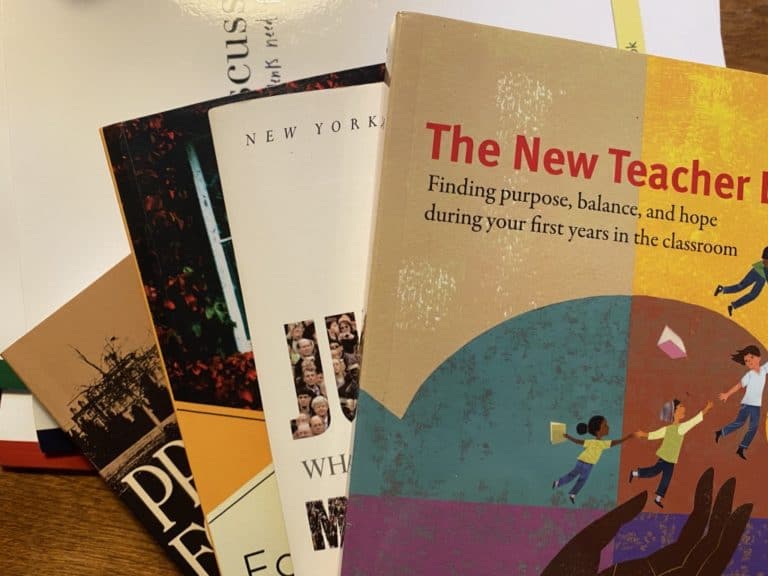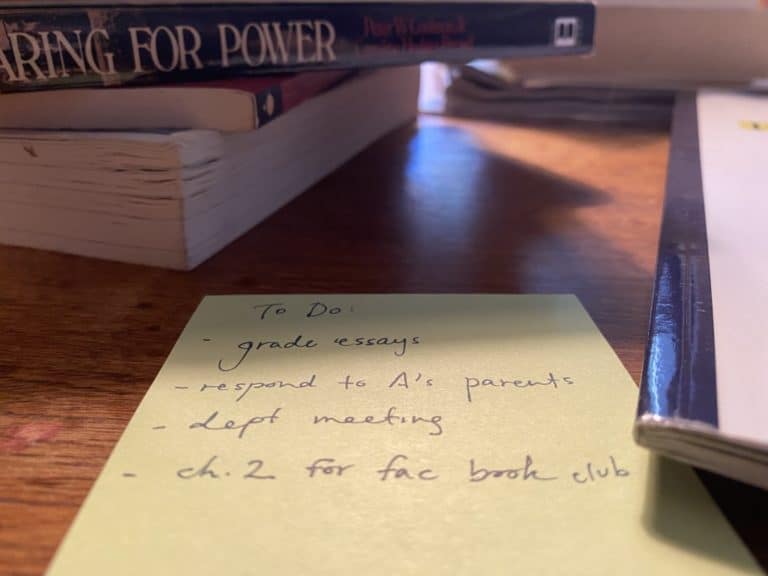Using Peers for Scaffolding
Fu-Yun Yu and Yen-Ting Yang, To See or Not to See: Effects of Online Access to Peer-Generated Questions on Performance
In “To See or Not to See: Effects of Online Access to Peer-Generated Questions on Performance,” Yu and Yang explore the relationship between observational learning and scaffolding and student question-generation (SQG). The motivation behind this particular study is the lack of empirical evidence to support how access to peer-generated questions can aid students in their own question generation process. Because students in a class usually encounter new material at the same time, peers are often in the same zone of proximal development; visual access to others’ initial questions as they study, Yu and Yang’s research shows, supports observational learning.
Yu and Yang used two eighth grade ESL classes for this study. Each week after lessons, students participated in SQG. One class had online access to peer-generated questions in real time, while the other had no access. The study found that students with access to peer-generated questions during the first SQG had higher performance than those without. While current knowledge of observational learning and scaffolding support the original hypothesis, the data collected over six weeks suggests that ultimately access to peer-generated questions during SQG has no significant effect on student academic performance or quality of questions generated. This research operated under a time constraint to offer instant online access to peer-generated questions. This research suggests that educators should continue exploring whether longer exposure to peer-generated questions can improve learning, or if the initial thrill of encountering other students’ comprehension questions must be part of a more complex scaffold to continue effectively. We also suggest that technology developed during the pandemic to support online learning might offer teachers exactly the avenues to make more real-time, collaborative questioning work more effectively.




